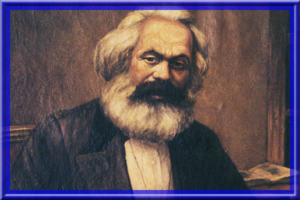
How Mike Harris got Ontarians off welfare and back to work
The reforms that the Harris government brought to Ontario’s social assistance system were transformative
In a new book, Sean Speer and Taylor Jackson detail how the government of former Ontario premier Mike Harris reduced social-assistance costs and gave welfare recipients their dignity back.
Enriched benefits, rising costs amid a deep recession and more than 1.3-million Ontarians on welfare. Those were the realities for the Progressive Conservatives when they were elected in 1995.
So the Harris government marched forward with significant changes to Ontario’s costly social assistance system. In his manifesto, the “Common Sense Revolution,” Mike Harris promised to cut benefits, which were high relative to other Canadian provinces, to bring in work or work-training requirements for welfare recipients and to enhance welfare verification.
Doing what he said he would do
In 1997, the government launched a transformation, creating new programs to help people get back to work. These restored the principle of social assistance as a temporary stopgap rather than a long-term income substitution.
This structure is still mostly in place nearly 25 years later, including benefit levels that have not shifted materially since. At the time, much of the attention was paid to the budgetary impetus. Ontario was running large deficits, and social assistance spending represented more than 10 per cent of total expenditures. Yet the Progressive Conservatives were not merely motivated by fiscal considerations. They saw a connection between work and dignity.
The changes were significant: benefits were cut by over 20 per cent, although rates still remained higher than other provinces. By 2003, the number of welfare beneficiaries had fallen by 600,000, and annual spending on social assistance was down by $2 billion.
While many supported the spirit of the reforms, detractors cast the government as callous and cruel. Welfare reform was a major accomplishment for Harris as a well as a major source of antipathy toward his party that persists to this day. What has been missing is a critical evaluation of the government’s intentions, how they were manifested in welfare reforms and the economic and social outcomes.
Note: Adapted from, “The Harris Legacy: Reflections on a Transformational Premier”
![]()








